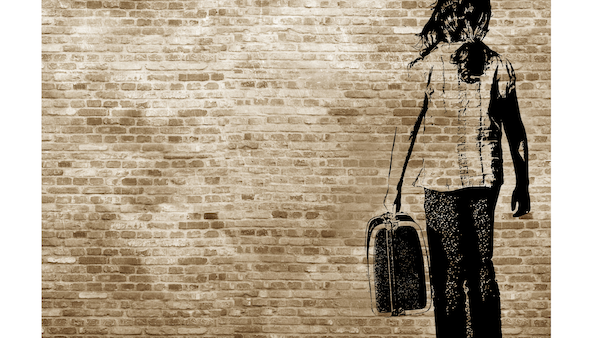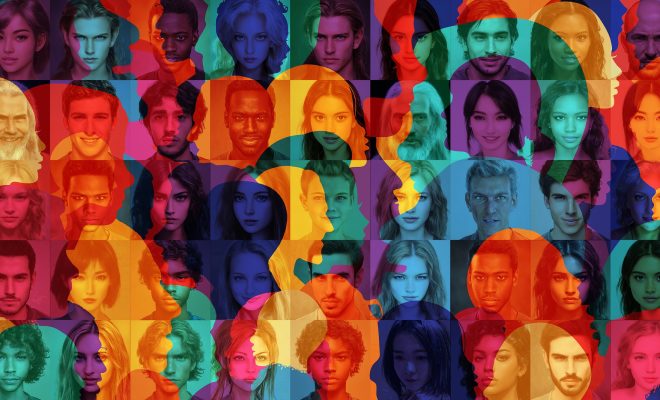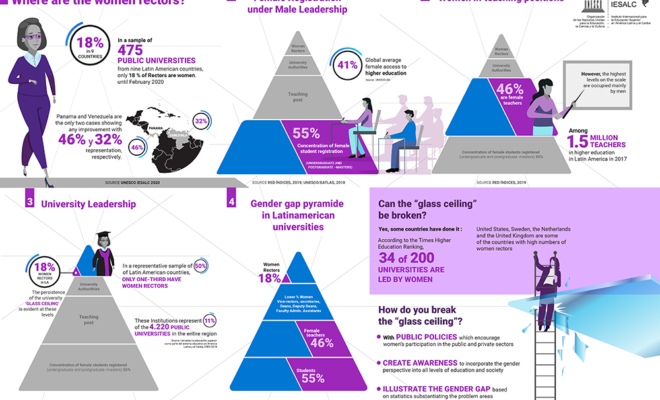The number of displaced students has doubled in the last decade

World Refugee Day is an international day designated by the United Nations to honour refugees around the world. Every 20 June, it pays tribute to the strength and courage of people who have been forced to flee their country of origin to escape conflict or persecution. World Refugee Day is an occasion to foster empathy and understanding of their plight and to recognise their resilience in rebuilding their lives.
The right to education is grounded in the Universal Declaration of Human Rights (1948), which states in Article 26 “Everyone has the right to education”, and in the International Covenant on Economic, Social and Cultural Rights (1966), which states that “higher education shall be made equally accessible to all, on the basis of capacity, by every appropriate means, and in particular by the progressive introduction of free education” (Article 13(2)(c)).
Only 6% of refugees make it to university
Currently, only 6% of refugees have access to higher education, a relatively low figure compared to the global average rate of 40%. This indicates that there is still much work to be done on access and success in higher education for refugees, forcibly displaced people and asylum seekers.
In this context and in search of safeguarding the right to higher education for refugees, asylum seekers and forcibly displaced people, the UNESCO International Institute for Latin America and the Caribbean in collaboration with Durban University of Technology (DUT) and Kiron Open Higher Education, joined forces so that through a student dialogue we could reflect on the protection of the right to higher education.
From the side of higher education institutions, DUT highlighted the importance of the existence of solid legal frameworks that guarantee the right to higher education, and within this framework, the importance of universities and their advisory services for students to ensure success. Similarly, Kiron, as a third-sector organisation, highlighted the various initiatives promoted to support refugees, displaced people or asylum seekers in their search for employment, incorporation into academic life and entrepreneurial opportunities.
From UNESCO IESALC, it was stressed the importance of governments facilitating the recognition of refugee status, as well as the support to offer alternatives to documentation when the student does not have their qualifications in their hands. In this regard, introducing mechanisms to recognise prior qualifications/learning plays a fundamental role in guaranteeing the right to higher education. The UNESCO Qualifications Passport is a tool that can greatly contribute to promoting access.
This dialogue offered from a multi-level perspective some of the aspects that still need to be further reflected upon in order to promote access and success in higher education. In this sense, the participating students shared their experiences of the different limitations encountered when accessing higher education, including the treatment of refugee, displaced and asylum-seeking students as international students, which hinders access opportunities to a greater extent due to the high cost of enrolment. In this same reflection, students highlighted the importance of the existence of scholarships at the local and global level for refugees, displaced people and asylum seekers, in order to guarantee not only access but also permanence. The possibility of providing accommodation and restaurant services can sometimes play a decisive role in promoting the continuation of higher education.
Students also emphasised the importance of access to information on the higher education systems of the host countries, in order to learn about the forms of access in the receiving higher education system. In this context, the students commented on the importance of the role played by the various higher education institutions in their commitment to the community to generate mechanisms to facilitate information so as access.
Last but not least, the webinar also mentioned the importance of the university supporting the mental health and well-being of students, especially refugee, displaced or asylum-seeking students, for students to thrive in their area of study.
You can watch the video below to listen to the students’ interventions. Available also in Arabic: https://www.youtube.com/watch?v=ssxrGR_BfeE
Author:
Eglis Chacón
Fellow – UNESCO IESALC
RELATED ITEMS








